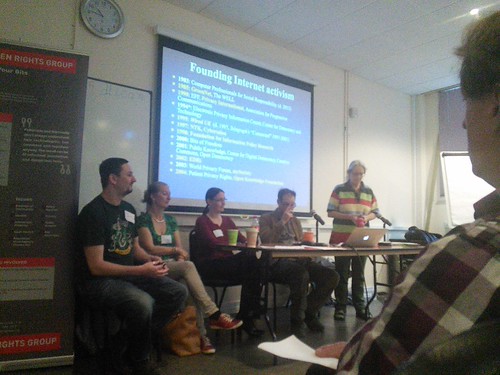
Tinder (which I have written about and am now somewhat convinced will be seen as a bad bad joke in many years time) was recently written about in Vanity Fair and… Oh dear, tinder took to twitter to complain!
Hey @nancyjosales — that survey is incorrect. If you're interested in having a factual conversation, we're here. https://t.co/SLWlTLvJuf
— Tinder (@Tinder) August 11, 2015
The best deconstruction of the whole thing comes from David Evans over at onlinedating insider.
I couldn’t even bring myself to finish the VF article. Story after story about relationship-challenged New Yorkers. Men in New York treat women terribly and brag about it in Vanity Fair. Wow, you don’t say?
The VF article is a retread of a topic that’s been beaten to death by the media and dating bloggers for almost two years, but VF decided to hang out with a bunch of New Yorkers who rack up Tinder sex-mates like there’s no tomorrow and talk to them like they are adults or something. The writer clearly emerged from a cave last week and the first thing they did was go on a Tinder date and now she’s scarred for life.
Tinder is simply a throw back to old skool dating (when it was al about looks and not the personality), but it doesn’t stop a whole host of articles, posts and shows being written about it… even in mid 2015! Tinder has become the symbol of our misogynist culture much like how the game was a few years ago?
“It’s an eye-opener and validation of a woman’s worst fear. The guys are swiping right to hook up and it’s all just a game.” Give me a break. The women who enable men to behave this way are just as complicit in the degradation of modern courtship as Tinder is. And Tinder is at the bottom of the pile, along with Ashley Madison.
The gamification of online/social dating can be scary stuff which I’ll cover in my TedX Talk early next year… Don’t miss it, its going to be pretty wild…! Ironiclly it will be on Valentine day, so expect a blood path of broken hearts and trashed dreams
Its so clear there is a problem, as many people including Sherry Turkle and even comedian Aziz Ansari’s modern romance, identifies. They wonder about current social impact of not just its users but on the mating process as a whole!
David really gets into to the metric problem of the throw away action of a swipe.
What is the equivalent of a right-swipe on a dating service? Replied to emails? If I email you and you email me back, that’s a match. Sam Yagan at Match told me that years ago. Back when he was the Co-founder of OkCupid, and they always said Match wasn’t worth the money and nobody should have to pay for a dating site…
…Tinder’s definition of a match as two people physically moving their fingers about a quarter of an inch to the right compared with writing and responding to emails. Comparing swipes to responded-to emails is ridiculous; they’re not even comparable. But we’re talking about Tinder here, so anything goes.
How about this. Whenever two people like or favorite each other’s photos on a dating service, they are a match. Is that comparable to Tinder mutual swipes? I don’t know and I really don’t care anymore. And neither does anyone else, because all I read about in the media are stories about people on Tinder hooking up three times a week and 25 million matches a day.
He’s right, no body is really thinking about what the metrics mean when writing about Tinder. It might as well be 25 millions acorns! There is so much more David writes in the post but I love the ending line, and I’m really starting to agree (even though I know a few friends who have successfully had serious relationships via tinder)…
Tinder is the worst thing to ever happen to the online dating industry. End of story.












